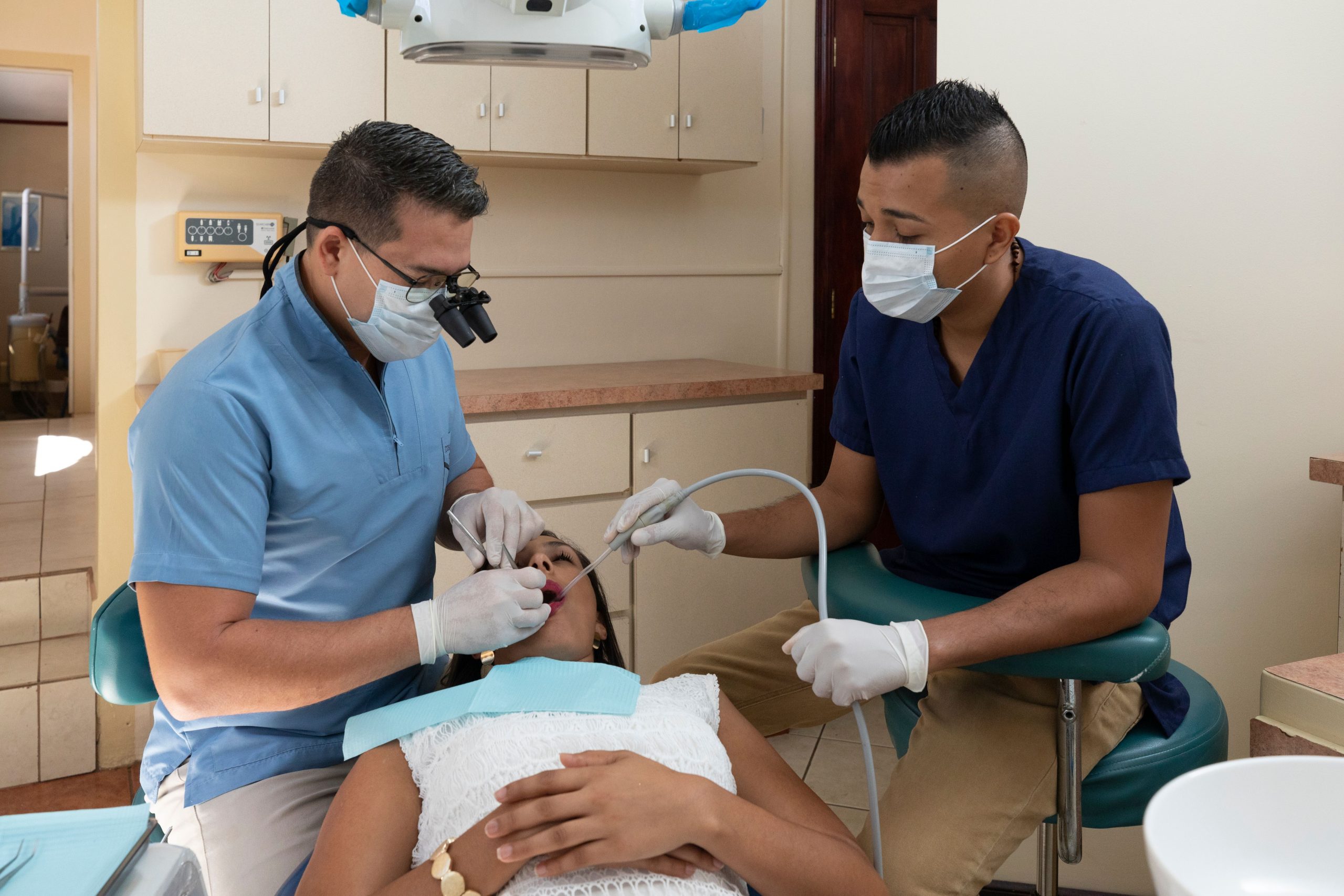The Importance of Routine Dental Exams
The American Dental Association recommends that you visit your dentist once every 6 months. There is a reason for this recommendation. If you are one of these people who allows years to go by between dental visits, you could be putting yourself at risk of many dental problems and certain types of illness, like heart disease. Here is why visiting the dentist on a regular schedule is so important.
Regular Dental Visits Help to Prevent Serious Medical Problems
When you visit your dentist for a routine checkup they will carefully examine all parts of your mouth for signs of trouble. This means they will check your gums and teeth for signs of decay and illness. Your dentist may also check on other parts of your body for signs of problems, including your neck, your head, your face, your throat, your saliva and how your jaw moves. Not only will these careful examinations allow the doctor to determine if you need any dentistry work done, they will also help them determine if you are showing any signs of serious medical problems, such as oral cancers, vitamin deficiencies, diabetes or joint problems.
Regular Cleaning Prevents Tooth Decay
Once the dentist has performed a detailed examination of your various body parts, they will then perform a regular cleaning on your teeth. The purpose of a routine cleaning is to remove any tartar or plaque that tends to quickly build up on your teeth. Soft plaque can cause tooth decay and gum irritation. It can also harden on the teeth, which not only makes it more difficult to remove, but it also stains the teeth. Routine checkups (along with proper home care) are the best way to remove tartar and plaque build up to help prevent cavities and tooth decay. Your teeth will feel cleaner and look brighter after these things have been cleaned away. During the cleaning process the dentist will also look at any previous dental work you may have had done to make sure everything is still good. For example, they may make sure that any fillings you have had completed are still intact and that no decay is visible.
Fixing Problems
Your regular six month cleanings will help your dentist determine if you have any problems that need to be fixed. They may take x-rays, check your bite, examine your gums or use certain dental devices to see around and under your teeth. If they find anything, such as cavity or damage root that needs repair, they can then schedule an appointment to repair the damage.
What to Do Between Visits
Routine dental exams and cleanings help to identify problems before they become serious. They are also important for repairing any damage to your mouth, teeth and gums, which could have long running effects on the rest of your health. While your dentist can remove a lot of tartar and plaque during a regular cleaning, you will still have to perform daily maintenance on your own mouth each and every day. This means using proper brushing and flossing techniques and following any guidelines provided by your specific dentist. Routine dental checkups and proper daily care will help keep your teeth and mouth clean, fresh and disease free.


